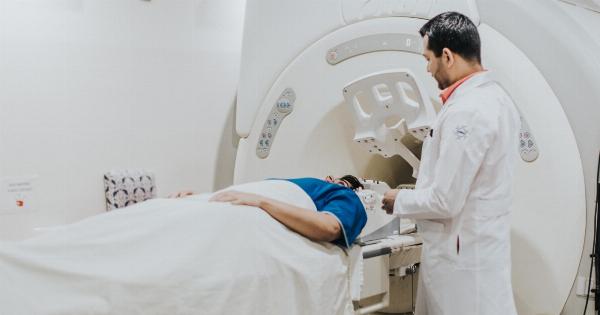Losing a spouse is one of the most difficult experiences that anyone can go through and can lead to further health problems, including increased mortality risk.
In the past few decades, various studies have focused on the relationship between widowing and mortality risk and have produced insightful results. This critical review examines the literature on the topic and discusses the key findings.
Background
Widowing is a significant life event that not only affects the emotional wellbeing of an individual but also their physical health. It has been linked to a range of health issues, including depression, anxiety, and increased vulnerability to diseases.
The loss of a spouse can also lead to a decline in social support, financial problems, and changes in lifestyle, all of which can impact mortality risk.
Methods
This critical review involved an extensive search of databases that include PubMed, Scopus, and the Cochrane Library.
Relevant articles were identified by using various search terms, including “widowing,” “mortality risk,” “bereavement,” and “spousal loss.” The inclusion criteria included studies that focus on the relationship between widowing and mortality risk and were published between 1990 and 2021.
Results
The studies included in this review consistently demonstrated that widowing is associated with an increased risk of mortality.
Several factors contribute to this, including changes in lifestyle and health behaviors, grief-related stress, and the disruption of social networks. Additionally, differences in mortality risk can be seen between genders and age groups. Men, in particular, are at a higher risk of mortality after losing their spouse than women.
Younger widows (under 60 years) also have higher mortality risk compared to older widows.
Discussion
The findings of this review indicate that widowing can have a detrimental impact on an individual’s physical health and can even lead to premature death.
Therefore, it is crucial for healthcare providers to identify those at risk and provide appropriate support and interventions. This can include grief counseling, social support, and lifestyle changes. Furthermore, there is a need for further research to identify effective interventions to reduce the mortality risk associated with widowing.
Conclusion
Widowing is a significant life event that can lead to increased mortality risk. Healthcare providers must recognize the importance of providing appropriate care and support to individuals who have lost their spouse.
Further research is needed to identify effective interventions to reduce mortality risk in widowed individuals.





























